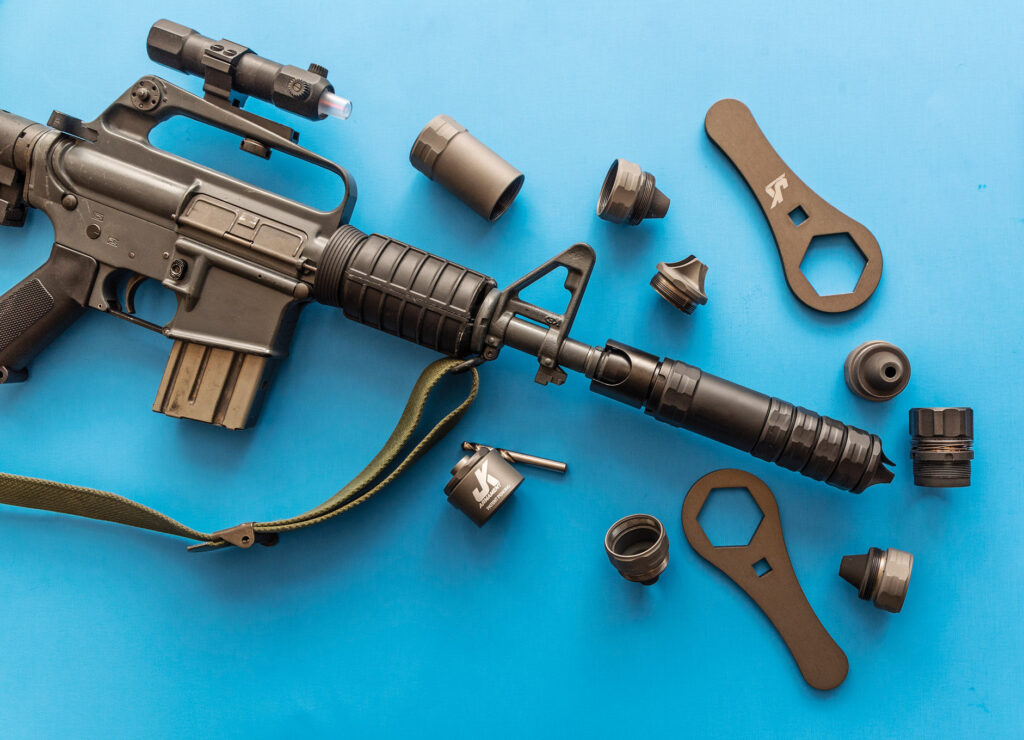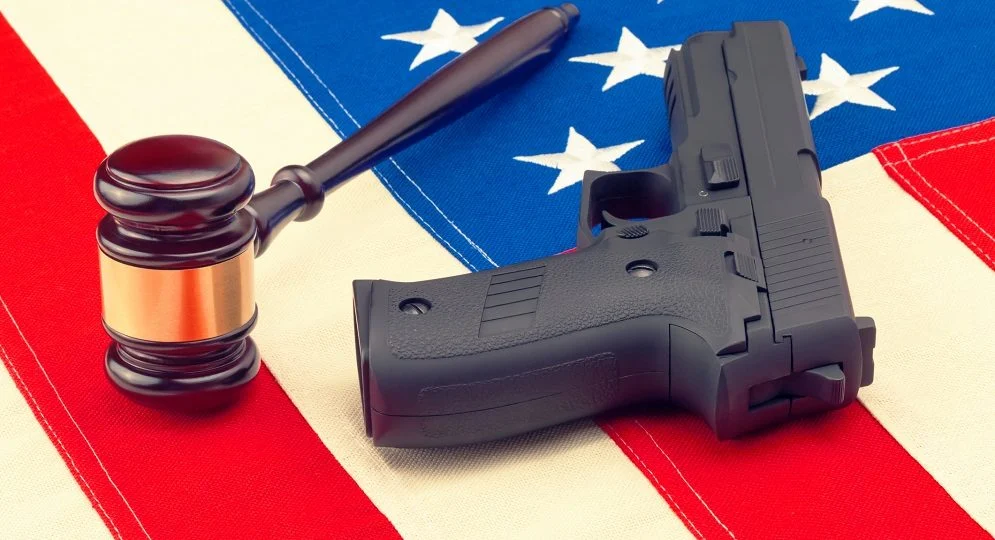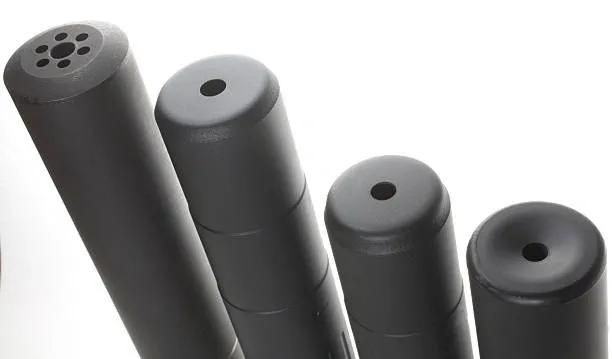A solvent trap collects firearm cleaning solvent residue. It comprises a threaded tube that attaches to the barrel, while the other end fits an oil filter or filtering medium. Solvents dissolve dirt, debris, and carbon buildup during gun cleaning.
A solvent trap captures and stores cleaning solvents expelled from the barrel, preventing spills and environmental pollution. It is especially beneficial for indoor cleaning or areas with ventilation and solvent disposal concerns.
Solvent traps are legal for solvent collection during firearm cleaning, but using them for other purposes can be illegal. Modifying a solvent trap into a suppressor without permits is generally illegal. Comply with your jurisdiction’s laws regarding firearms and accessories.
Table of Contents
Do solvent traps work as suppressors?
Solvent traps are not originally designed or intended to function as suppressors or silencers for firearms. They are specifically designed to collect solvent residue during the cleaning process, as I mentioned earlier. However, some individuals have illegally modified solvent traps to convert them into suppressors.
Modifying a solvent trap to function as a suppressor without the proper legal permits is illegal in most jurisdictions. Suppressors are highly regulated accessories, and their possession, sale, and use typically require specific licenses and compliance with local laws. Attempting to convert a solvent trap into a suppressor without the necessary permits can result in serious legal consequences.
It’s important to emphasize that the use of suppressors or any firearm accessories should always comply with the laws and regulations of your jurisdiction. If you have an interest in acquiring or using a suppressor, I would recommend consulting with local law enforcement or a qualified firearms dealer to understand the legal requirements and process in your area.
What is the difference between a silencer and a suppressor?

“Silencer” and “suppressor” are used interchangeably for noise reduction devices, with a slight distinction between the terms. Historically, the term “silencer” was used to describe early devices designed to reduce the noise of firearms. These devices were first patented in the late 19th century by Hiram Percy Maxim, who referred to them as “silencers.” The term “silencer” is still commonly used by the general public and in colloquial language. “Suppressor” is preferred by the industry and legal frameworks as it accurately reduces firearm noise to a safer level.
In summary, “suppressor” is more accurate as it reduces and suppresses firearm noise, while “silencer” can be misleading.
Solvent trap vs suppressors
Solvent traps are primarily designed to collect solvent residue during the cleaning process of firearms. They feature a tube or cylinder that attaches to the barrel, capturing the solvent expelled from the firearm’s bore. Solvent traps are legal and widely available for this specific purpose.
Suppressors, also known as silencers, are designed to reduce the noise generated by a firearm when it is fired. They are highly regulated accessories and require proper permits and compliance with local laws. Suppressors employ various mechanisms, such as baffles and expansion chambers, to mitigate the sound produced by bullets.
While solvent traps and suppressors may look similar externally, their intended functions differ significantly. Solvent traps are intended solely for solvent collection during cleaning, while suppressors are specifically engineered to reduce the noise signature of a firearm.
To ensure compliance with the law, it is essential to understand the specific regulations governing suppressors in your jurisdiction. Consulting with local law enforcement or a firearms dealer with knowledge of the legal requirements can provide accurate guidance on the possession, purchase, and use of suppressors.
Why are solvent traps illegal?


Solvent traps are designed and sold as firearm cleaning accessories. However, they can be easily converted into functioning suppressors, which are highly regulated due to their potential misuse in criminal activities. To prevent unregulated access to suppressors, the modification of solvent traps without proper legal permits is deemed illegal in many places. This is to ensure that the possession and use of suppressors adhere to strict regulations, ensuring public safety and compliance with firearms laws.
Is Solvent Trap bad for guns?
Solvents themselves are not inherently bad for guns when used properly. In fact, they are commonly used for firearm cleaning to remove dirt, debris, and carbon buildup. Solvents help dissolve and loosen fouling, making it easier to clean the firearm.
However, it is essential to use solvents specifically formulated for firearm cleaning, as using the wrong type of solvent or a harsh chemical can potentially damage the gun’s finish, polymer parts, or certain types of coatings. It is important to follow the manufacturer’s recommendations and guidelines when selecting and using solvents for firearm maintenance.
Additionally, after using solvents for cleaning, it is crucial to properly lubricate the firearm to prevent corrosion and ensure smooth operation. Applying an appropriate gun oil or lubricant helps protect metal surfaces and maintain the firearm’s functionality.
Overall, when used correctly and in accordance with manufacturer guidelines, solvents are a valuable tool for firearm maintenance and cleaning.
In conclusion, solvent traps play a crucial role in firearm maintenance and cleaning. When used properly and with the appropriate solvents formulated for firearm cleaning, they help dissolve and remove dirt, debris, and carbon buildup. However, it is important to follow manufacturer guidelines and use solvents specifically designed for firearms to avoid potential damage to the gun’s finish or components. Proper lubrication after cleaning is also essential to protect the firearm from corrosion and ensure smooth operation. By using solvents responsibly, firearm owners can effectively maintain their weapons and ensure their longevity and performance.

